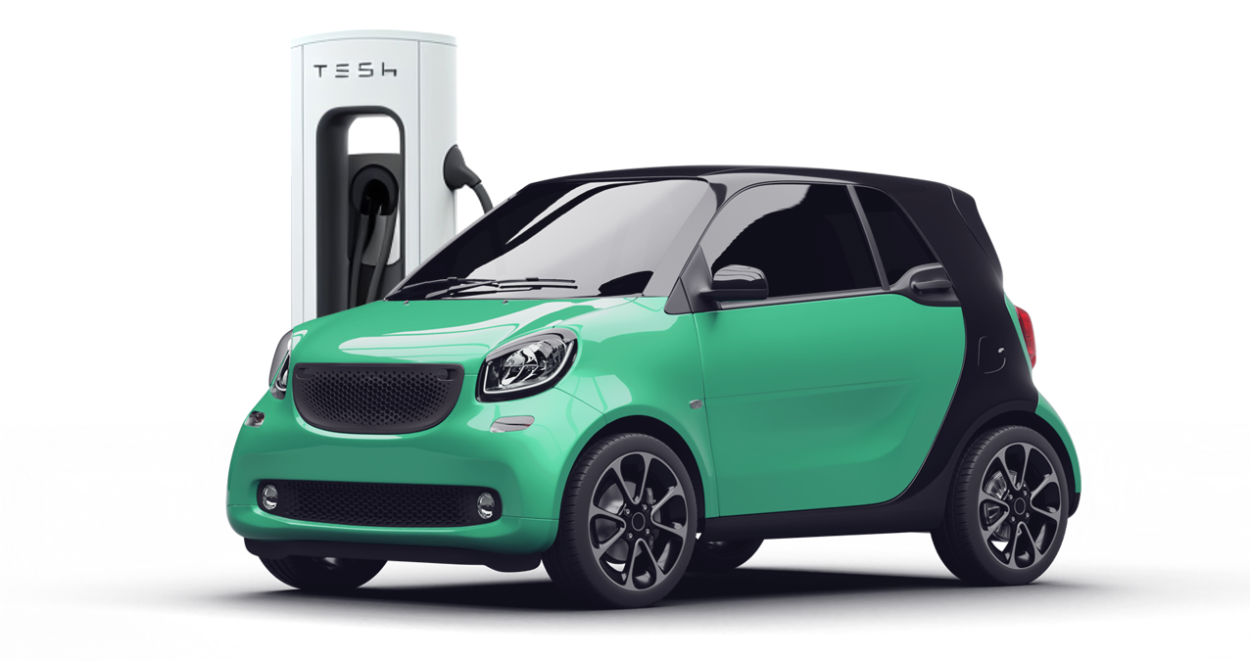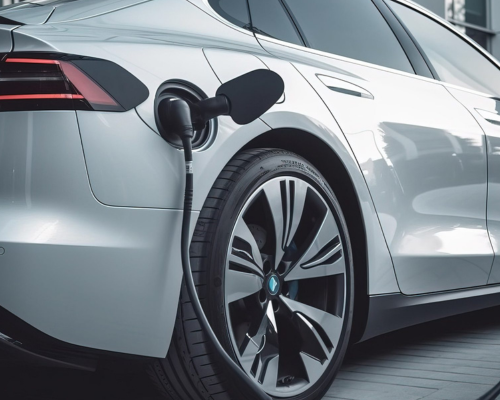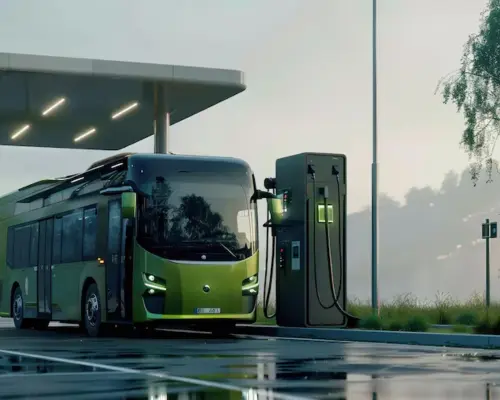Fuel Cell Hybrid Electric Vehicles
India’s heavy reliance on imported oil demands a new solution—our hydrogen mobility and core energy technologies strengthen national resilience and enable a cleaner transport ecosystem.

About Us
India’s growth is held back by a critical challenge: energy dependence. With domestic crude oil meeting only 12% of demand (OPEC World Oil Outlook), the nation relies on imports for the remaining 88%, leaving us vulnerable to global price shocks and geopolitical risks.
Transport sector is the anchor of this demand. Light and heavy-duty vehicles consume nearly half of all oil products (Petroleum Planning & Analysis Cell (PPAC), 2024), meaning every small reduction in road fuel use directly lowers India’s import bill. While Battery Electric Vehicles (BEVs) are advancing passenger mobility, their limited range and long charging times make them unsuitable for long-haul and commercial fleets.
Across India, fuel cell pilots for heavy trucks and buses are in progress under the National Green Hydrogen Mission. Yet, light and medium-duty commercial vehicles (LCVs and MCVs) the backbone of urban logistics and regional freight remain underserved. Their transition is vital for meaningful reductions in oil dependence and tailpipe emissions.
That’s where we come in. Our fuel cell hybrid electric vehicles (FC Hybrid EVs) deliver quick refuelling, high energy density, and hybrid efficiency, making them ideal for LCVs and MCVs. By targeting this overlooked segment, we make hydrogen mobility scalable for everyday commercial transport.
Beyond vehicles, we also manufacture core components for hydrogen energy technologies including bipolar plates, membrane electrode assemblies (MEAs), and other critical building blocks. This dual portfolio ensures reliability and self-reliance across the hydrogen value chain, strengthening both national energy security and industrial capability.
Mission
Pioneering hydrogen mobility and clean energy components to power an emission-free, energy-secure future for India and beyond.
Vision
To be the leading integrated hydrogen technology company, building national resilience and accelerating the transition to net zero emissions.

Mobility: High-Performance, Zero-Emission Transport
We are developing fuel cell hybrid electric vehicles (FC Hybrid EVs) designed for light and medium-duty commercial fleets — the backbone of urban logistics and regional freight.
Our Goal: Deliver emission-free, noise-free mobility with dedicated solutions for last-mile and intercity cargo transport, reducing the environmental impact of everyday logistics.
Intelligent Systems: Our vehicles integrate advanced control systems and intelligent energy management to ensure optimal performance, efficiency, and safety.
Closing the Gap: While heavy-duty fuel cell pilots are underway in India, FC Hybrid EVs for LCVs and MCVs remain underserved. We are addressing this gap with robust solutions that combine quick refuelling, extended range, and high energy density — enabling scalable, zero-emission logistics across India and beyond
Core R&D: Building the Energy Backbone
Beyond mobility, we are engineering the core components that power hydrogen energy systems, strengthening the clean-energy value chain from the ground up.
Core Components: Focused R&D in thin graphite plates and ultra-thin metallic bipolar plates, and Membrane Electrode Assemblies (MEAs).
Dual Application: Critical building blocks for both fuel cell and electrolyzer technologies.
Performance Enhancements: Our innovations improve system efficiency, reduce weight, and enhance durability across hydrogen ecosystems.

Our Commitment
Guided by experienced mentors and driven by cutting-edge engineering, our strength lies in an integrated approach to clean energy.
We enable the shift away from oil-dependent mobility, directly contributing to national resilience and energy security.
By advancing hydrogen fuel cell technologies and green hydrogen adoption, we reduce reliance on imported fossil fuels and foster indigenous innovation.
Our portfolio spans from mobility platforms to core hydrogen components, reinforcing the entire clean-energy value chain.
Our twin portfolio: FC Hybrid EVs and core energy materials – ensures reliability, scalability, and self reliance in India’s hydrogen transition.
“We are building the backbone of India’s hydrogen future — where resilience meets sustainability.”
